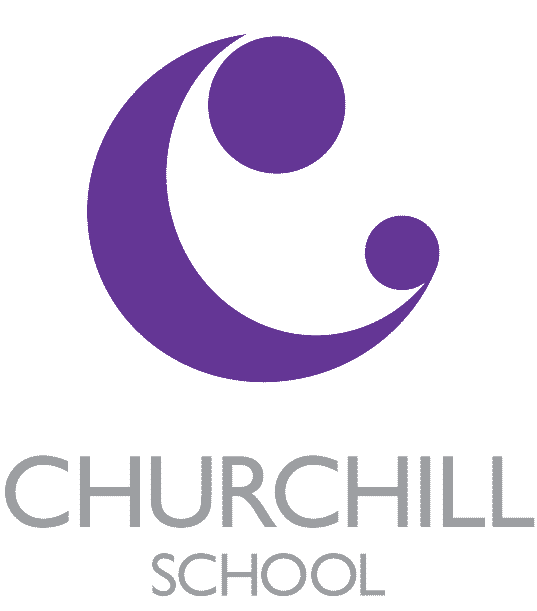History
History Curriculum Intent
Key Stage 2
At Key Stage 2 the history curriculum inspires pupils to want to know more about the past and to think and act as historians. Pupils have opportunities to investigate and interpret the past, understand chronology, build an overview of Britain’s past as well as that of the wider world, and be able to communicate historically.
Pupils are equipped with the following essential abilities and skills to help them become historians:
- Grow a chronologically secure knowledge of history
- Establish clear narratives within and across periods studied
- Make connections and note contrasts and trends over time
- Understand and use appropriate historical terms
- Address and create historically valid questions
- Understand how knowledge of the past is formed from a range of sources
Key Stage 3
At Key Stage 3 the history curriculum aims to empower pupils to become more curious, to develop their own opinions based on a respect for evidence, and to build a deeper understanding of the present by engaging with and questioning the past. History lessons introduce pupils to the breadth and depth of the discipline of history. Pupils are challenged to think, act and speak like historians: to research thoroughly, to consider evidence, to understand chronology, to evaluate interpretations and develop arguments. Pupils continue to develop the range of skills needed to become confident in their own opinions, make well supported judgements and express them articulately.
Pupils are equipped with the following essential abilities and skills to help them become historians:
- Extend and deepen their chronologically secure knowledge of history and a well-informed context for further learning
- Identify significant events, make connections, draw contrasts and analyse trends within periods and over long periods of time
- Use historical terms and concepts in increasingly sophisticated ways
- Pursue historically valid enquiries including some they have framed
- Understand how different types of sources are used to make historical claims
- Create relevant, structured and evidentially supported accounts
- Determine how and why contrasting arguments and interpretations of the past have been constructed
History – careers
When we study history, we often have to dig deeper and find information from different sources. This helps us become great researchers who are good at finding reliable information. Just like a detective, we can search for evidence and facts to support our ideas. We analyse and interpret information to make sense of it. We learn to think critically, ask questions, and make connections between different events. These analytical skills are valuable in many careers, such as law, journalism, or politics, where we need to understand complex issues.
As we study history, we also learn how to communicate our ideas clearly and effectively. We practice speaking and writing skills by sharing our thoughts, explaining complex concepts, and presenting arguments. Good communication skills are essential for jobs such as teaching, writing, or working in museums.
- Archivist
- Heritage manager
- Historic buildings inspector/conservation officer
- Museum education officer
- Museum/gallery curator
- Museum/gallery exhibitions officer
- Secondary school teacher
- Archaeologist
Archaeologist job profile | Prospects.ac.uk
History as a GCSE option
History is not part of the Churchill GCSE core offer but if your child is interested in doing a GCSE in this subject, this could be arranged with Samuel Ward Academy and could be studied from class 5 onwards. Please arrange an appointment with the headteacher via the school office.
